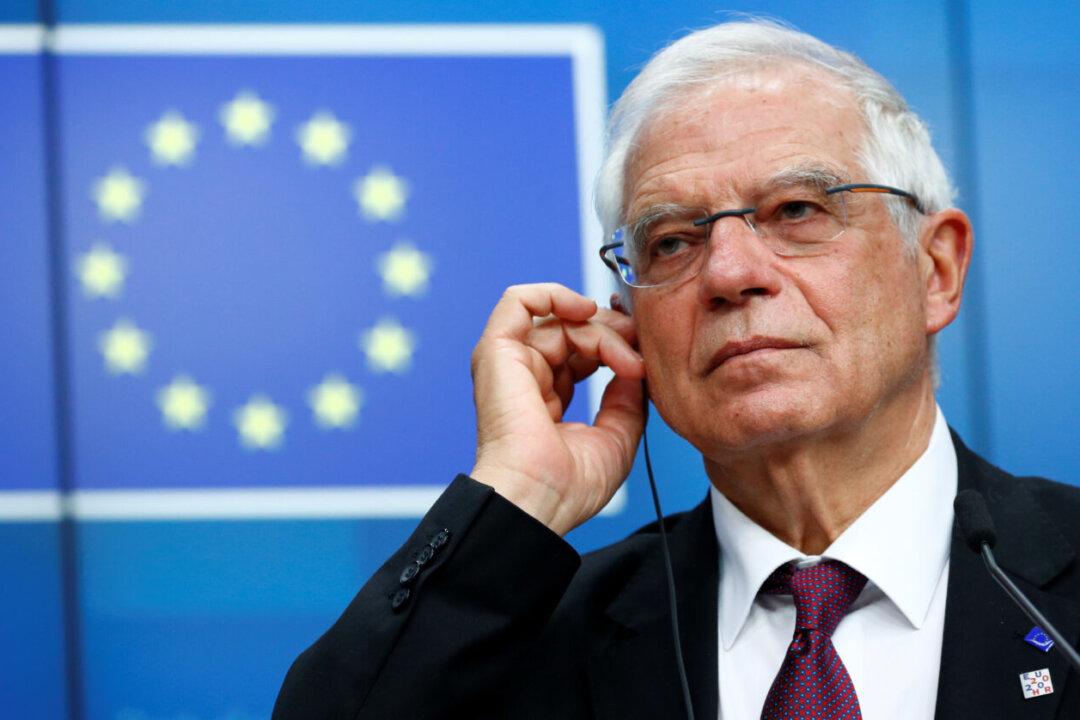The European Union Council of foreign ministers convened at an extraordinary meeting of the EU Foreign Council in Brussels on Jan. 10, calling on Iran to immediately go back to full compliance with the Nuclear Deal. It gave a mandate to the EU foreign policy chief Josep Borrell to carry out diplomatic efforts to resolve the tensions in the region via political means.
The EU’s High Representative Josep Borrell called this urgent meeting of European foreign affairs ministers, which was also joined by NATO Secretary-General Jens Stoltenberg, after the assassination of an Iranian general, Qassem Soleimani, in a U.S. drone attack in Iraq on Jan. 3 and escalation of tensions in the region.





